
SUBSCRIBER COMMENTS: Synergistic pairing of ivermectin and fenbendazole found HIGHLY EFFECTIVE at preventing and treating cancer
In an ongoing series chronicling this Substack’s subscribers’ anecdotal Ivermectin, Fenbendazole and lifestyle success stories as per the following article…
Synergistic pairing of ivermectin and fenbendazole found HIGHLY EFFECTIVE at preventing and treating cancer
This Substack has recently written about the wonder drugs Ivermectin and Fenbendazole: As a combination therapy these two drugs offer a highly synergistic approach to curing a wide range of ailments from slow kill bioweapon injection damage to prion-based diseases to (turbo) cancers, etc.
…yours truly received two important new emails the other day. The first one read:
“WHOEVER YOU ARE—just wanted to thank you for your INCREDIBLE research and timely articles! I was diagnosed with 3 rare cancers a year ago and decided to go the natural route…started taking ivermectin and fenbendazole plus 3 other ‘natural’ protocols…a week ago my bloodwork and cancer antigen testing was BEAUTIFUL”
The second email was a more detailed account by an individual with a science background that read more like a research study than an anecdotal recounting (I edited the image links):
My Journey Through Multiple Myeloma as a caregiver
My close relative was diagnosed with stage 3 multiple myeloma. The Moffitt Cancer Center offered him a few treatment options, including a stem cell transplant, but he rejected them because the prognosis was not good. He had less than 4 months to live.
As a molecular biologist and his primary caregiver, I suggested that he take very high doses of quercetin (1500 mg per day) and fenbendazole (500 mg per day). I did this based on the Warburg Theory, which states that cancer cells rely on fermentation to generate energy, while healthy cells rely on oxidative phosphorylation.
Regulation of Cancer Metabolism by Deubiquitinating Enzymes: The Warburg Effect
Mitochondria
Fermentation is a metabolic process that converts glucose into lactate without using oxygen. Cancer cells often rely on fermentation to generate energy because they have damaged mitochondria, which are the organelles in cells where oxidative phosphorylation takes place.
Quercetin and fenbendazole have both been shown to disrupt fermentation in cancer cells. Quercetin inhibits the activity of LDH, while fenbendazole disrupts microtubule function and protein transport. This prevents cancer cells from transporting the glucose they need for fermentation and from generating energy.
In addition to quercetin and fenbendazole, I also suggested that my relative abstain from alcohol and eat a diet low in carbohydrates. Alcohol is converted to glucose in the body, and cancer cells need glucose to survive. Carbohydrates are also broken down into glucose, so eating a low-carbohydrate diet can help to starve cancer cells of the energy they need.
I was horrified to learn that the Moffitt Cancer Center did not check my relative's vitamin D levels. Vitamin D is essential for multiple myeloma patients, as it helps to boost the immune system and suppress cancer cell growth.
Vitamin D
The Moffitt Cancer Center's approach to cancer treatment is not holistic. They focus on treating the cancer with conventional therapies, such as chemotherapy and radiation therapy. However, holistic cancer treatment also includes addressing the root cause of the cancer, such as nutrient deficiencies and an unhealthy lifestyle.
Despite the Moffitt Cancer Center's lack of support, my relative went into complete remission after 7 months of taking quercetin, fenbendazole, vitamin D3, and following a low-carbohydrate diet. He has been in remission for 2 years now.
7 Foods High in Vitamin D to Add to Your Diet, According to Dietitians
I believe that the Moffitt Cancer Center should adopt a more holistic approach to cancer treatment. This would involve checking patients' vitamin D levels and providing them with support to make lifestyle changes, such as eating a healthy diet and exercising regularly.
Cautionary Tale
When I called upon the oncologist to discourage my relative from alcohol consumption, he suggested that he reduce his consumption instead of abstaining completely. This was a testament to his incomplete understanding of the very field he made his career in. Alcohol is a known carcinogen, and it is especially harmful for multiple myeloma patients.
It is important for cancer patients to be careful about the advice they receive from oncologists. Not all oncologists are well-informed about the latest research on complementary and alternative cancer treatments. Patients should also be aware of the risks of alcohol consumption for cancer patients. Even moderate alcohol consumption can increase the risk of cancer recurrence.
We monitored my relative's blood work over a period of 7 months, and it trended back to normal. We also did bone scans to check for lesions, and several lesions disappeared. However, some new lesions appeared.
Only later did I realize that a key issue is the interpretation of metabolic bone scans (PET studies) after eradicating cancer that has spread to bone. Oncologists may interpret the "hot spots" in the bones that show up in the PET scans as indicative of cancer, but in actuality the activity may be related to bone remineralization/remodeling/regrowth in the previously cancer-filled holes.
My relative's oncologist was highly skeptical of fenbendazole, but he was willing to try the monoclonal antibody daratumumab, the steroid dexamethasone, and the immune modulator revlimid after only 3 sessions of this cocktail. The oncologist declared 100% complete remission and stopped the treatment even though normally 45 sessions are indicated.
The Moffitt Cancer Center had never seen such an amazing result, but they refused to attribute it to the fenbendazole, quercetin, vitamin D3, and strict avoidance of glucose during the prior 7 months.
That was two years ago, and the 100% remission still holds to this day.
I believe that the fenbendazole and quercetin played a key role in my relative's remission. I am grateful that he is alive and well today.
If you are a cancer patient, I urge you to do your own research and talk to other cancer patients about their experiences.
If you have experienced a success story using any of the above repurposed drugs and treatment strategies, then please feel free to share them in the comments; compiling these anecdotal experiences a la Joe Tippens in a kind of informal crowd sourced database may very well save many lives.
Do NOT comply.
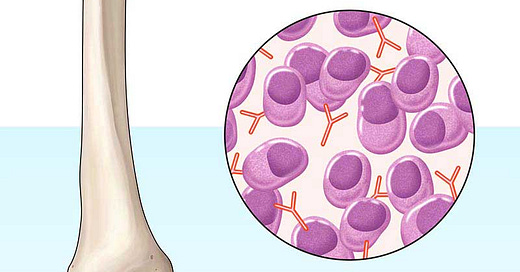


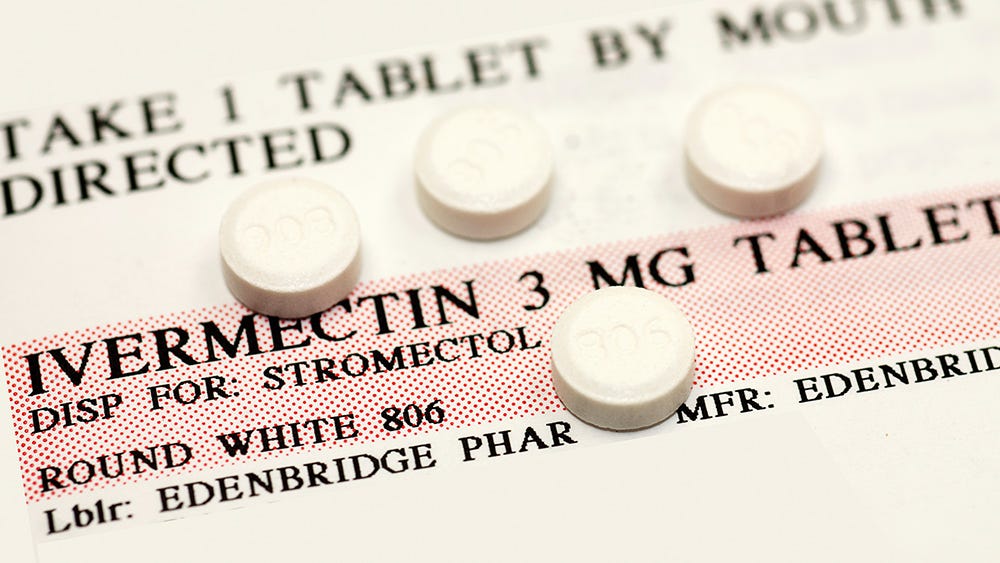

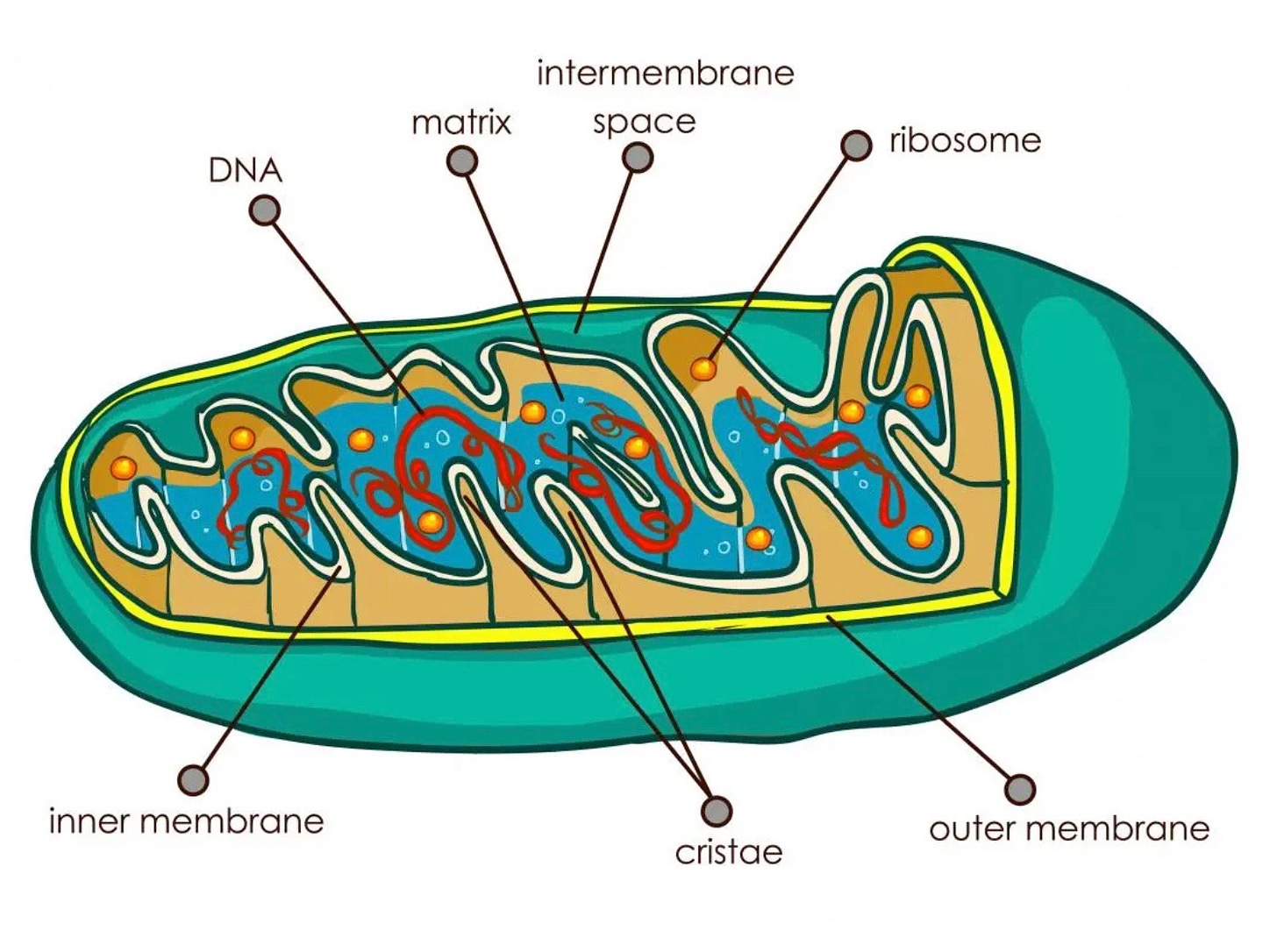

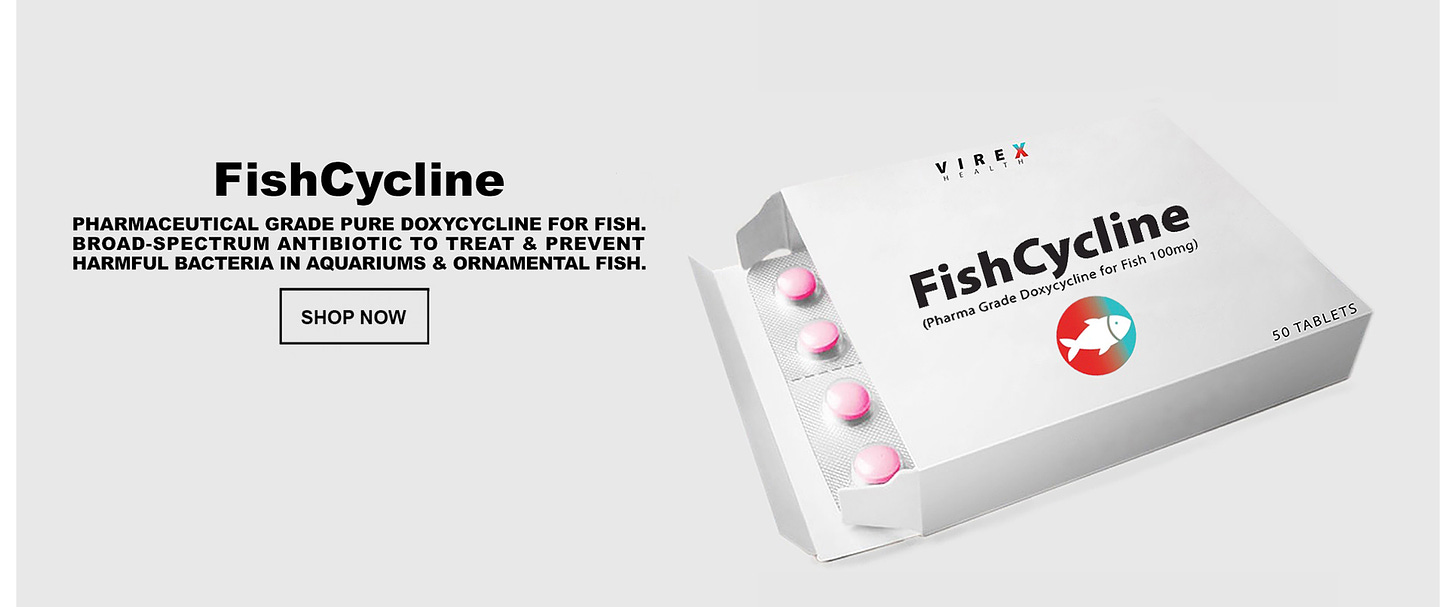
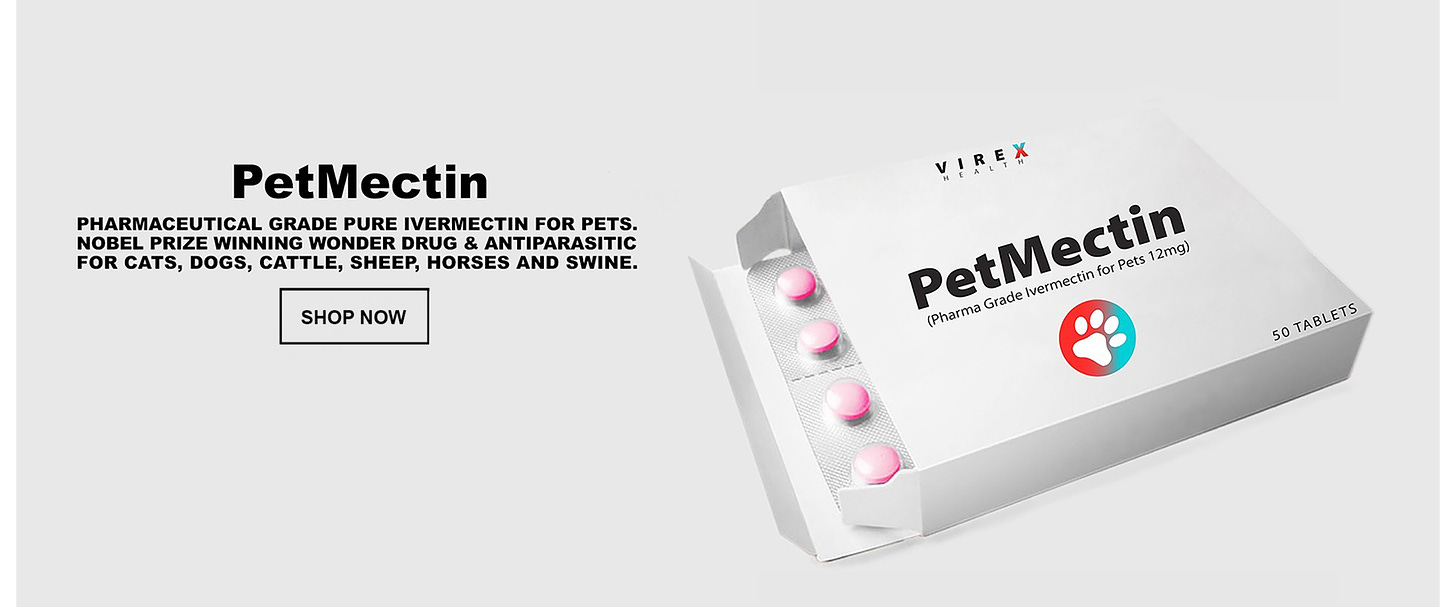








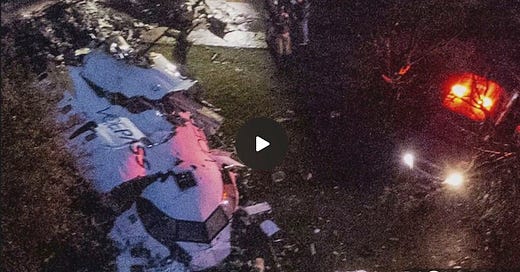

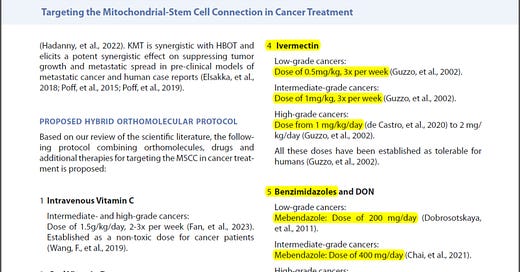

I think there are many readers who want to go this route. Listing effective dosages and maximum safe dosages would be very helpful and appreciated.
The second subscriber comment is incredible. Would it be possible to ask the author of the comment whether their relative has continued with the quercetin and fenbendazole therapy for the last 2 years of remission? I don't believe that's stated in the comment. Thank you.